Britons to avoid non-essential travel: what should holidaymakers do?
Foreign Office urges against any non-essential travel abroad for next 30 days
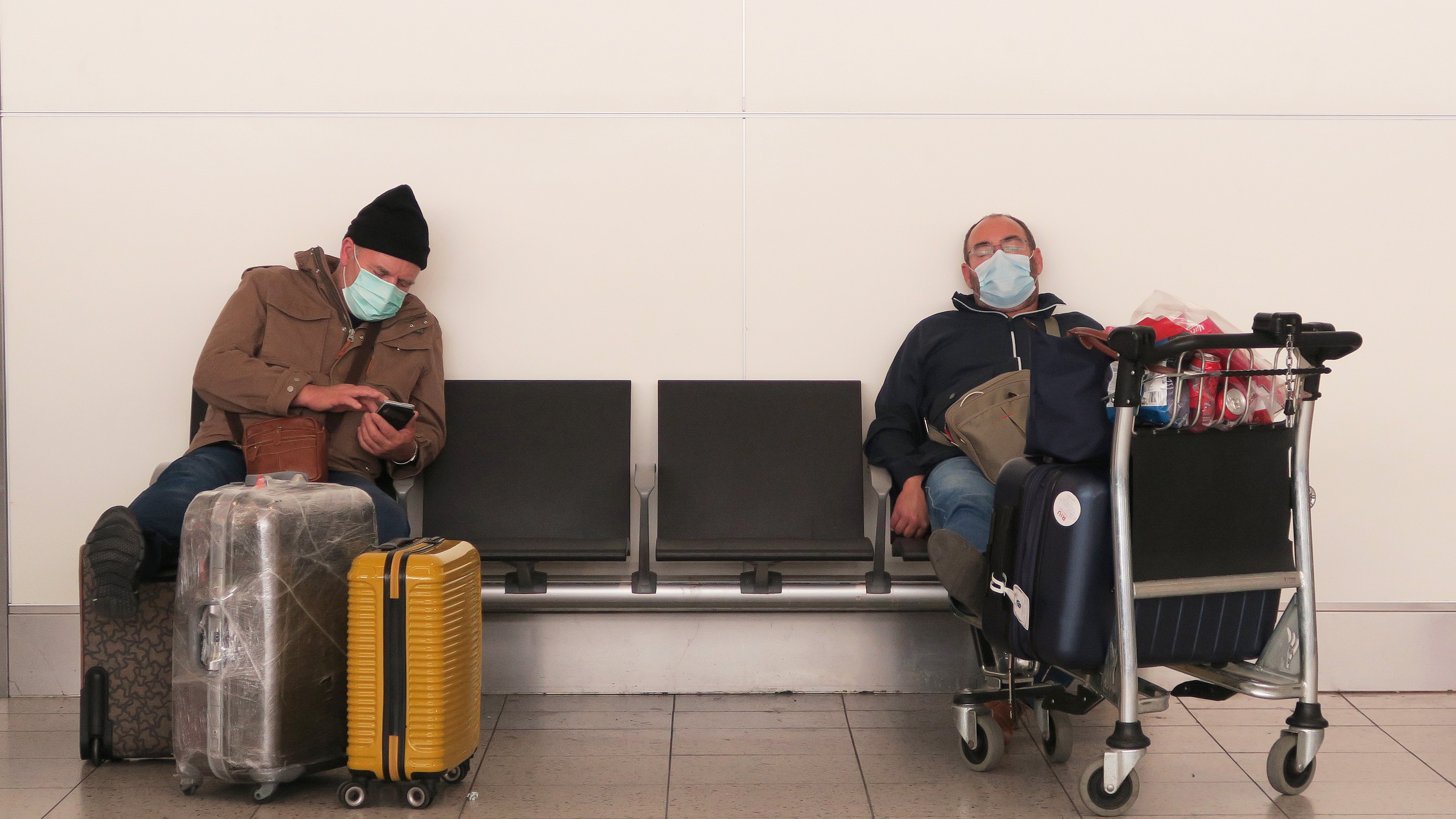
A free daily email with the biggest news stories of the day – and the best features from TheWeek.com
You are now subscribed
Your newsletter sign-up was successful
Foreign Secretary Dominic Raab has advised Brits to avoid all non-essential travel anywhere in the world for at least 30 days.
Addressing the House of Commons, Raab said the decision followed the prime minister’s announcement yesterday that everyone should avoid non-essential social contact with others, as well as avoiding pubs, clubs and restaurants.
Raab told the Commons that the decision was a response to “fast-changing international circumstances”, including the growing number of countries that have shut their borders.
The Week
Escape your echo chamber. Get the facts behind the news, plus analysis from multiple perspectives.

Sign up for The Week's Free Newsletters
From our morning news briefing to a weekly Good News Newsletter, get the best of The Week delivered directly to your inbox.
From our morning news briefing to a weekly Good News Newsletter, get the best of The Week delivered directly to your inbox.
He added: “UK travellers abroad now face widespread international border restrictions and lockdowns in various countries.”
What happens next?
Raab said that the advice is aimed at “reduc[ing] the risk of leaving vulnerable British travellers stranded overseas”, but added that anyone deciding to travel would have to take responsibility for any consequences should they be unable to return home.
In a statement, the Foreign Office said that anyone still considering going abroad should “be realistic about the level of disruption they are willing and able to endure”.
A free daily email with the biggest news stories of the day – and the best features from TheWeek.com
The foreign secretary also said that the government will not offer to fund emergency repatriation for many tourists. “No one should be under any illusions. It is costly, it is expensive to coordinate,” he said.
Responding to this news, Labour foreign secretary, Emily Thornberry, labelled the government’s decision to leave individual travellers stranded abroad “a chronic failure of global leadership and coordination”.
The only type of travel not included in the advice is international haulage and freight, which Raab said is considered “essential”.
What if your holiday is disrupted?
According to MoneySavingExpert.com, the “key trigger for holiday insurance paying out is if the Foreign Office formally advises against travel”.
Now that has happened, the site reports that “you will be able to claim on most, but not all, travel insurance policies, even if your flight and hotel are still available”.
However, the site notes that insurance companies such as Admiral, Churchill and Direct Line have stopped selling travel insurance policies altogether owing to the current unpredictability. This means that if you did not get insurance “ASAB (As Soon As you Book)” you may now struggle to find cover.
Many insurance companies will also only pay out if you got the insurance before the country was ruled off-limits, the site says, meaning that you may now be out of pocket.
An exception to this is if you booked a package holiday, which should be protected by Abta or Atol. You should therefore receive a full refund or you can choose to rebook for another time, although a sensible time to rebook is unclear.
What if my flight is cancelled?
The Independent reports that if only your flight is cancelled as a result of the government advice, your airline should be in touch via email or text with what to do next.
Under European air passengers’ rights legislation, the airline is required to find and pay for alternative transport for you and, sometimes, offer food and accommodation if you are left stranded.
In reality, the paper adds, the overwhelming number of passengers affected by coronavirus may mean that you will receive a refund but will have to get back home under your own steam.
Due to the large numbers of people contacting airline helplines, you're advised to check the carrier's website for any updates first.
What if I have a summer holiday booked?
The best advice right now is to wait and see what happens. This, The Daily Telegraph notes, is especially true if you have to pay a fee or lose your deposit if you cancel now.
China, where the virus originated, seems to be gaining control over its spread with just 21 new cases since yesterday at the time of writing. While Europe is seeing the virus spread more rapidly, it is at an earlier stage in the pandemic than China.
There is no concrete timescale for when the coronavirus will end and, as money-saving expert Martin Lewis writes, booking “further out is trickier”.
“Summer holidays are four months away – the first Covid-19 case was only reported to the World Health Organization two months ago. This shows things can change quickly and many more countries may be off limits in summer.”
-
 ‘The mark’s significance is psychological, if that’
‘The mark’s significance is psychological, if that’Instant Opinion Opinion, comment and editorials of the day
-
 How did ‘wine moms’ become the face of anti-ICE protests?
How did ‘wine moms’ become the face of anti-ICE protests?Today’s Big Question Women lead the resistance to Trump’s deportations
-
 Currencies: Why Trump wants a weak dollar
Currencies: Why Trump wants a weak dollarFeature The dollar has fallen 12% since Trump took office
-
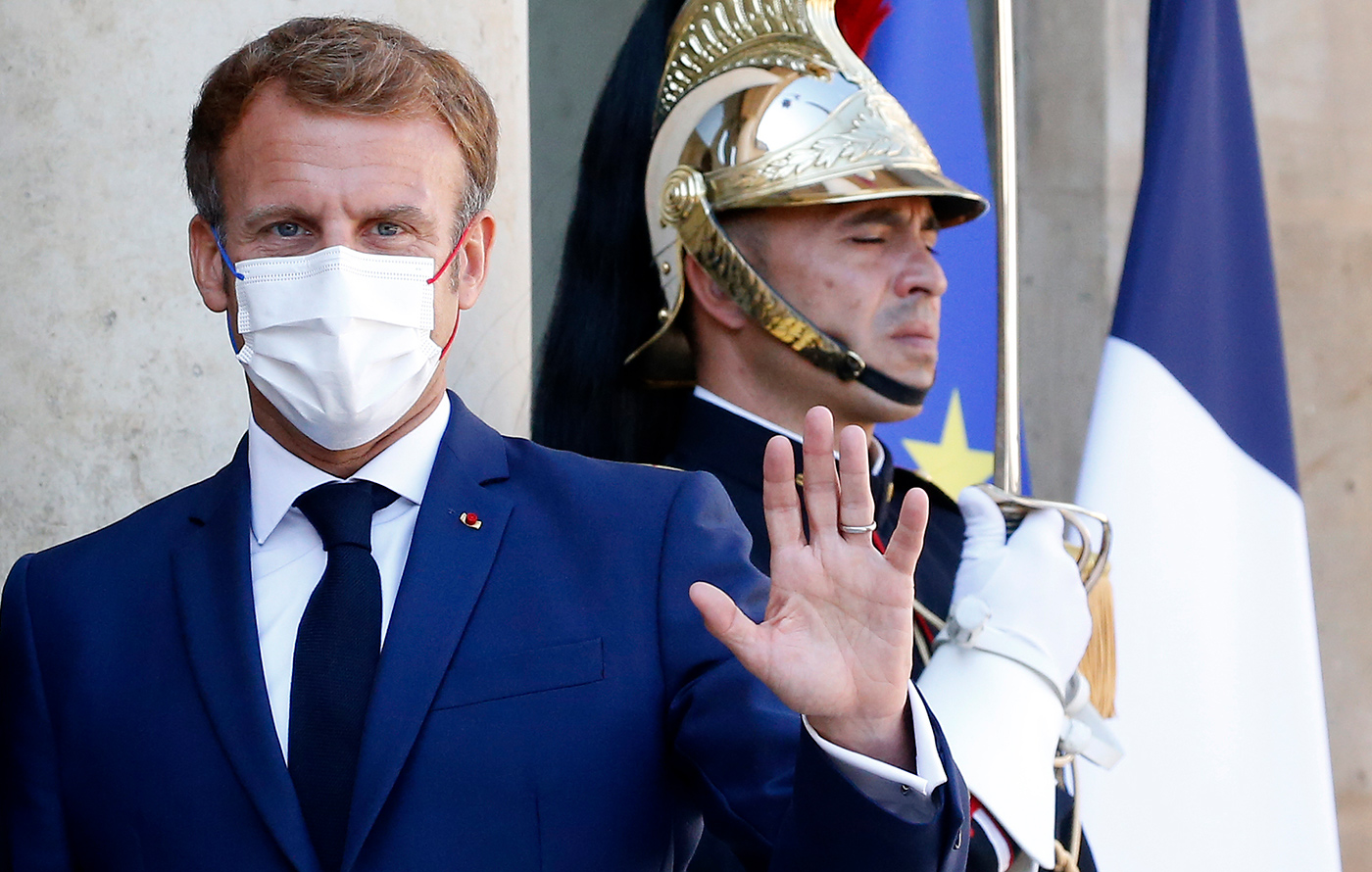 Will European countries follow France to ban UK travel?
Will European countries follow France to ban UK travel?Under the Radar Paris blocks arrivals from Britain as Omicron cases spiral
-
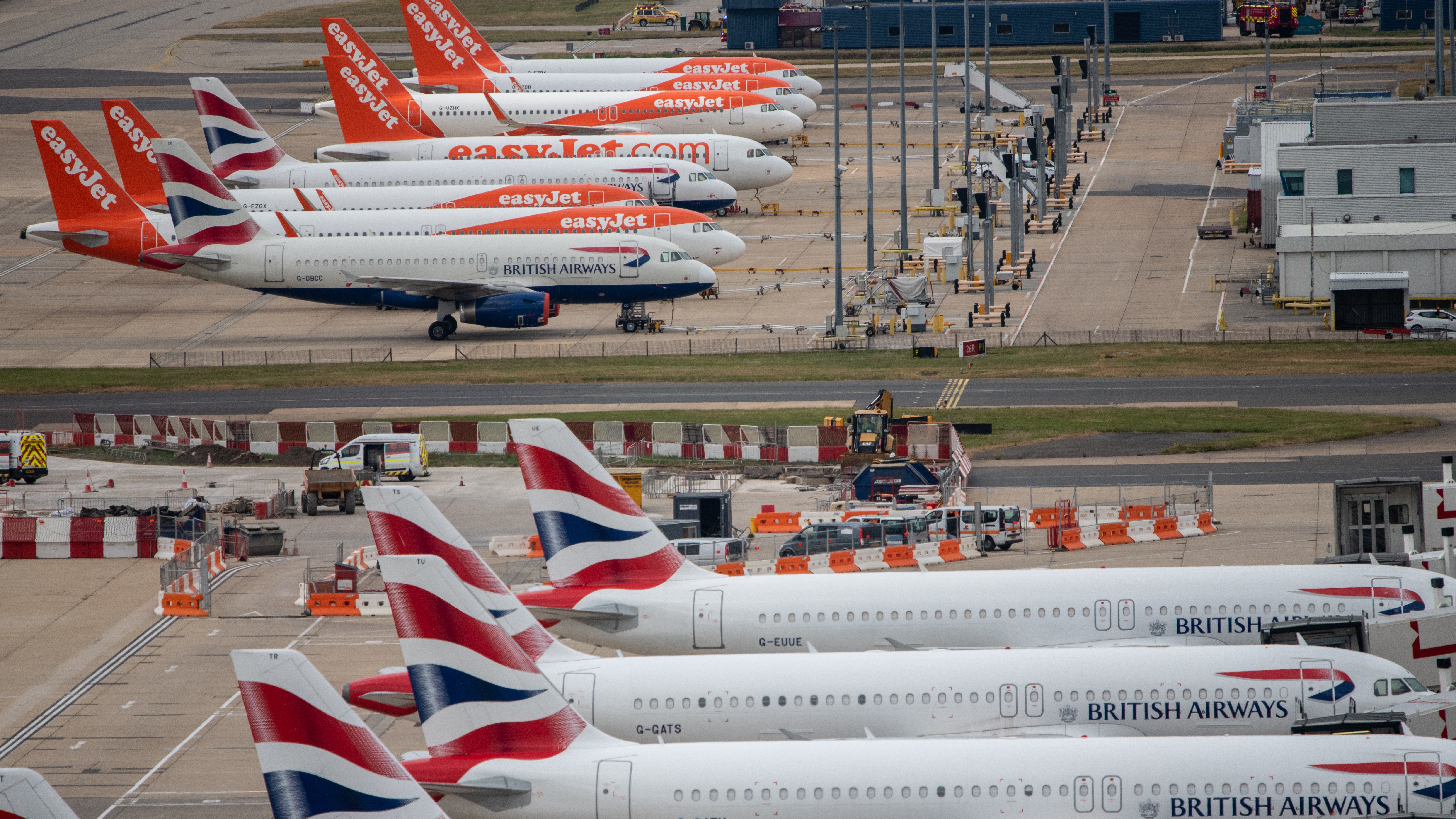 No. 10’s plan for airport Covid quarantine revealed - but is it too late?
No. 10’s plan for airport Covid quarantine revealed - but is it too late?feature Government to deploy security guards to enforce mandatory 11-night hotel stays
-
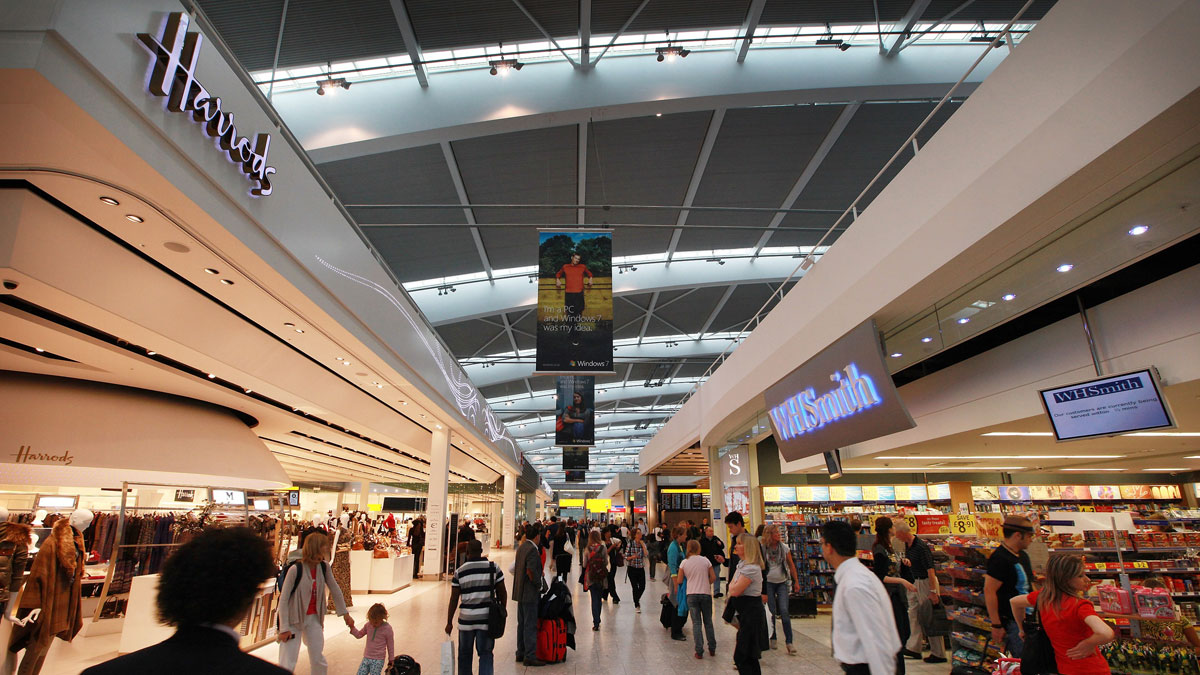 UK to bring in airport Covid tests for arrivals
UK to bring in airport Covid tests for arrivalsSpeed Read MPs call for stricter border measures as South African variant of coronavirus spreads
-
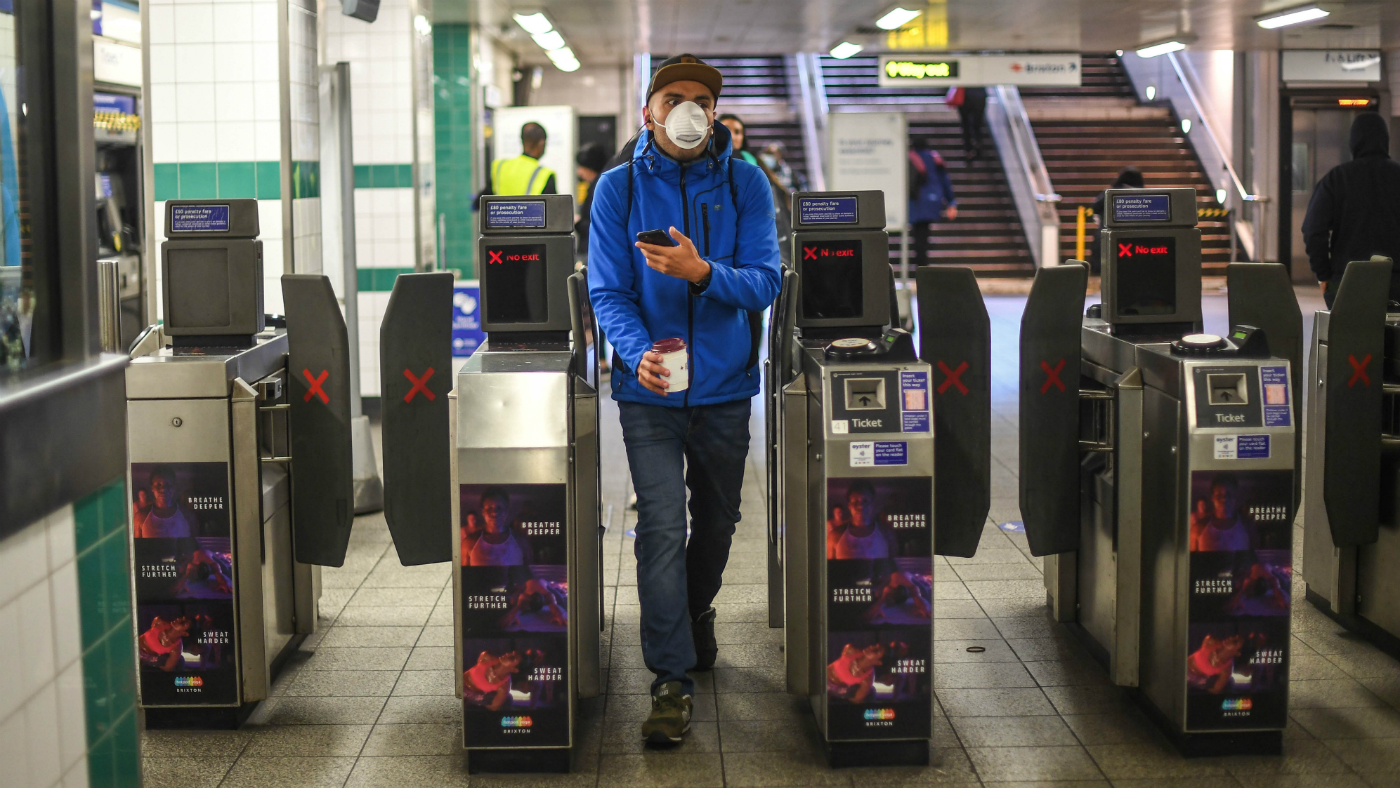 UK records biggest jump in transport use since pandemic began
UK records biggest jump in transport use since pandemic beganSpeed Read Monday rush hour sees spike in commuters across country as trains return to 90% of pre-coronavirus services
-
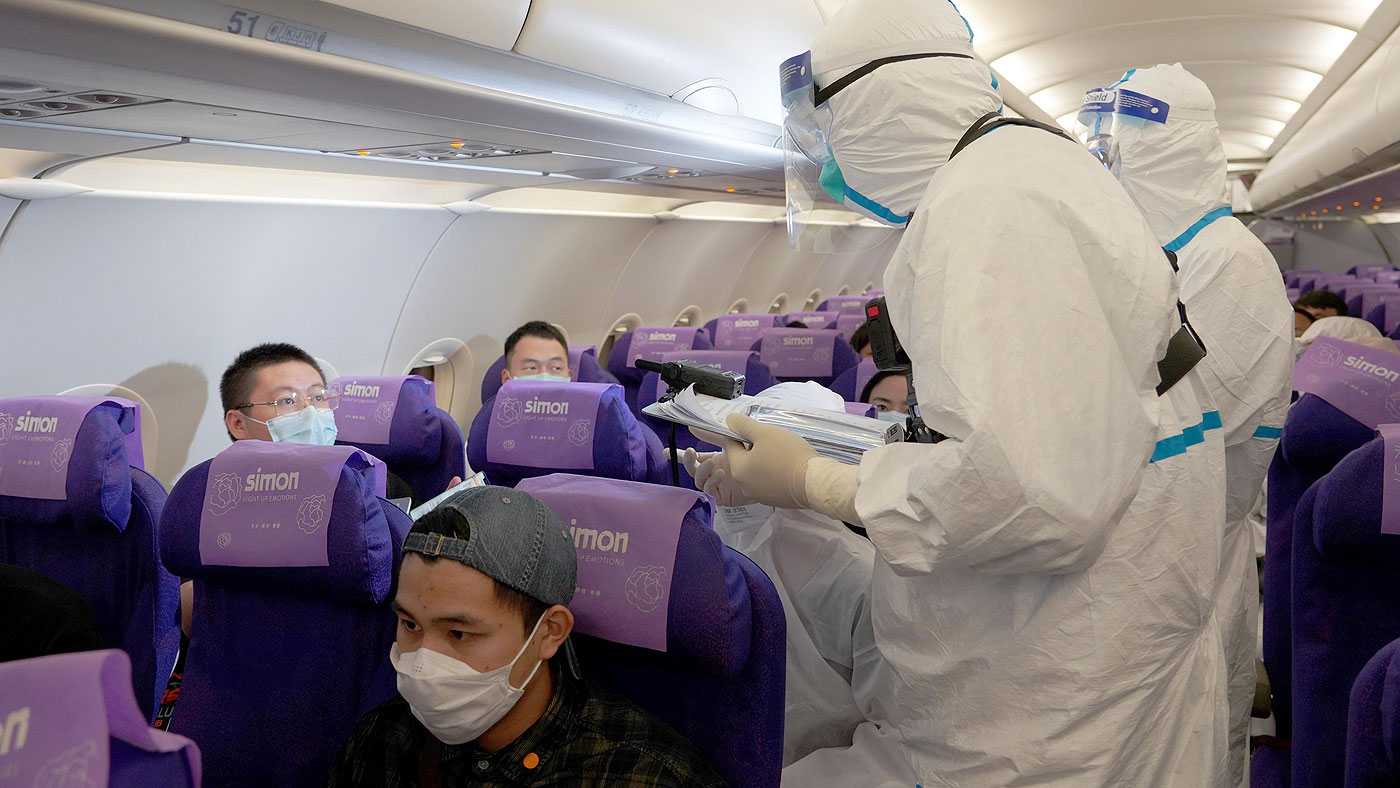 Coronavirus: what are the odds of catching Covid-19 on a plane?
Coronavirus: what are the odds of catching Covid-19 on a plane?Speed Read Studies suggest air travel is safe despite concerns about air quality
-
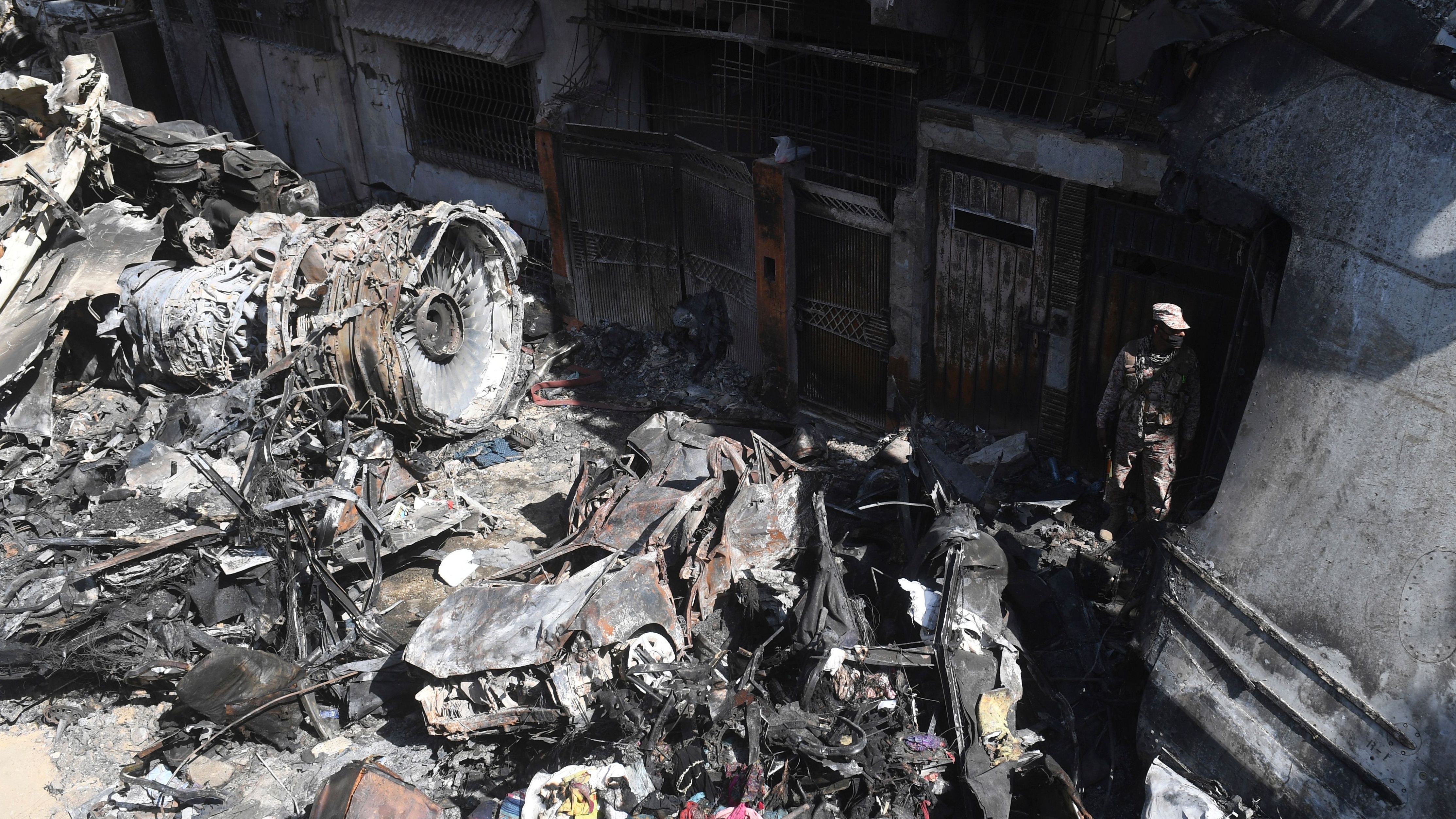 Plane crashed ‘as distracted pilots discussed Covid fears’
Plane crashed ‘as distracted pilots discussed Covid fears’Speed Read Preliminary report says ‘human error’ to blame for crash in Pakistan that claimed 98 lives
-
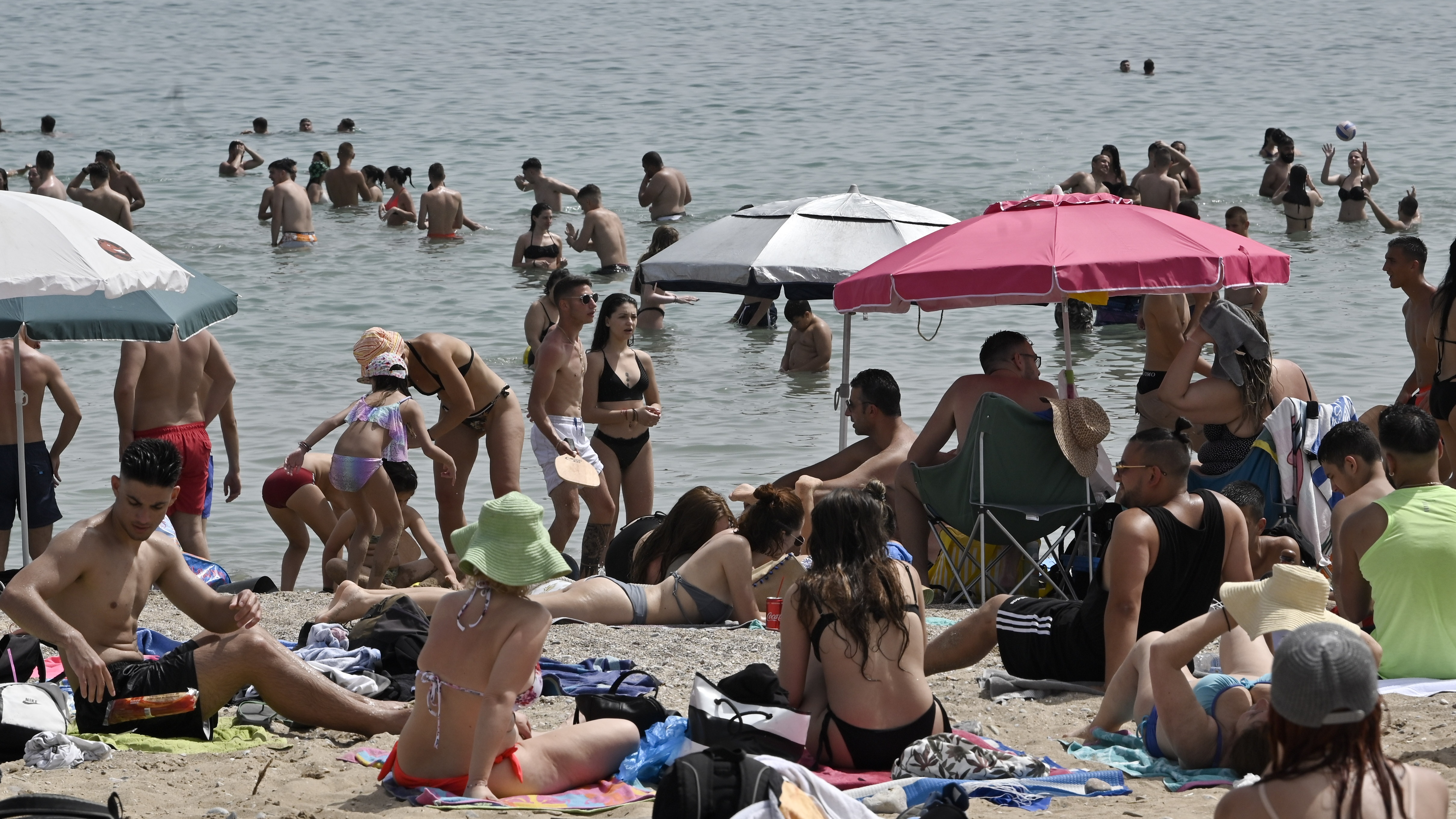 Reaction: ‘air bridges’ give Brits hope of holidays abroad
Reaction: ‘air bridges’ give Brits hope of holidays abroadIn Depth Quarantine rules may be relaxed to allow travel between countries with low coronavirus infection rates
-
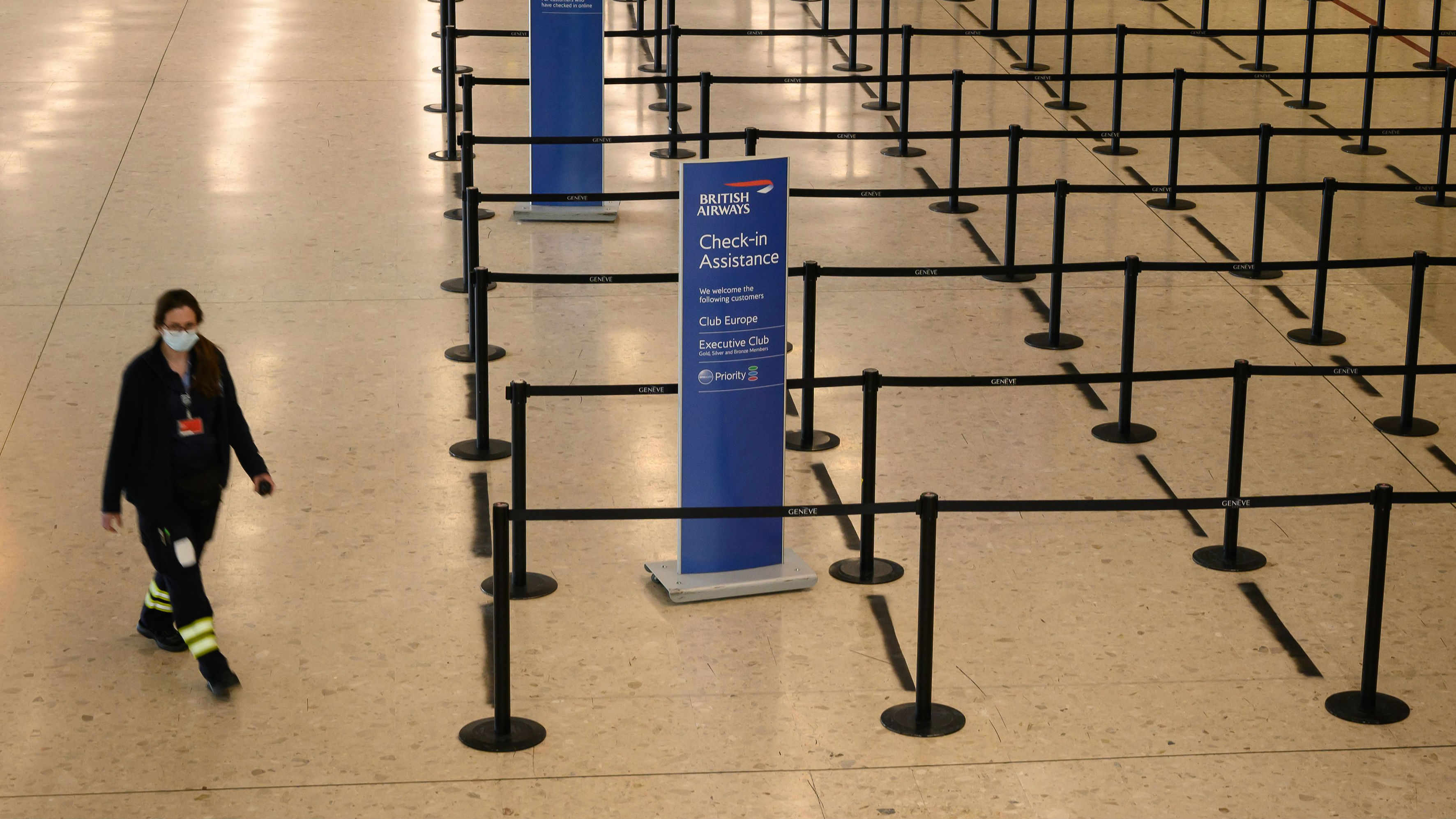 What will global air travel look like after coronavirus?
What will global air travel look like after coronavirus?In Depth EU planning future rules amid debate over social distancing on flights